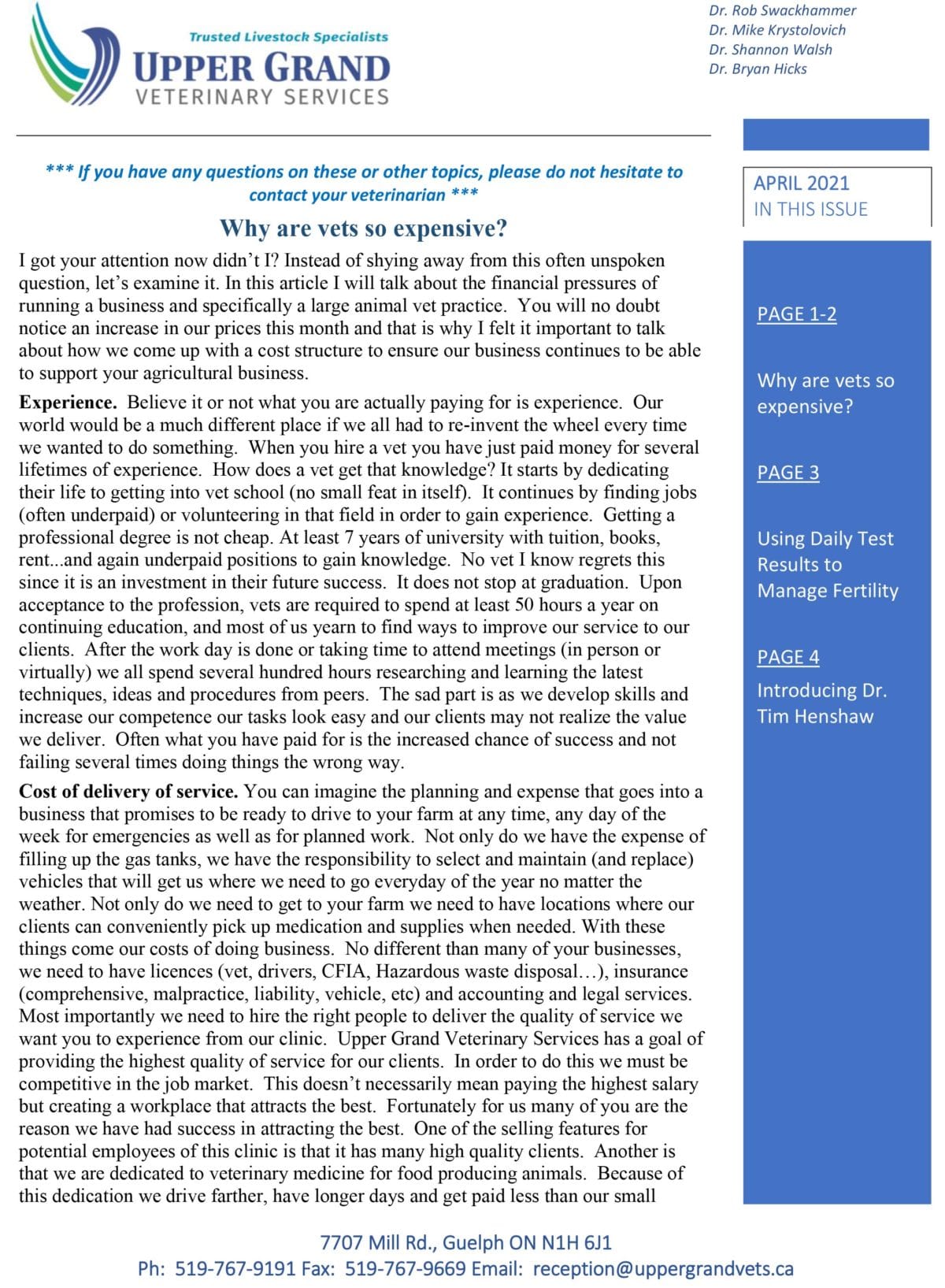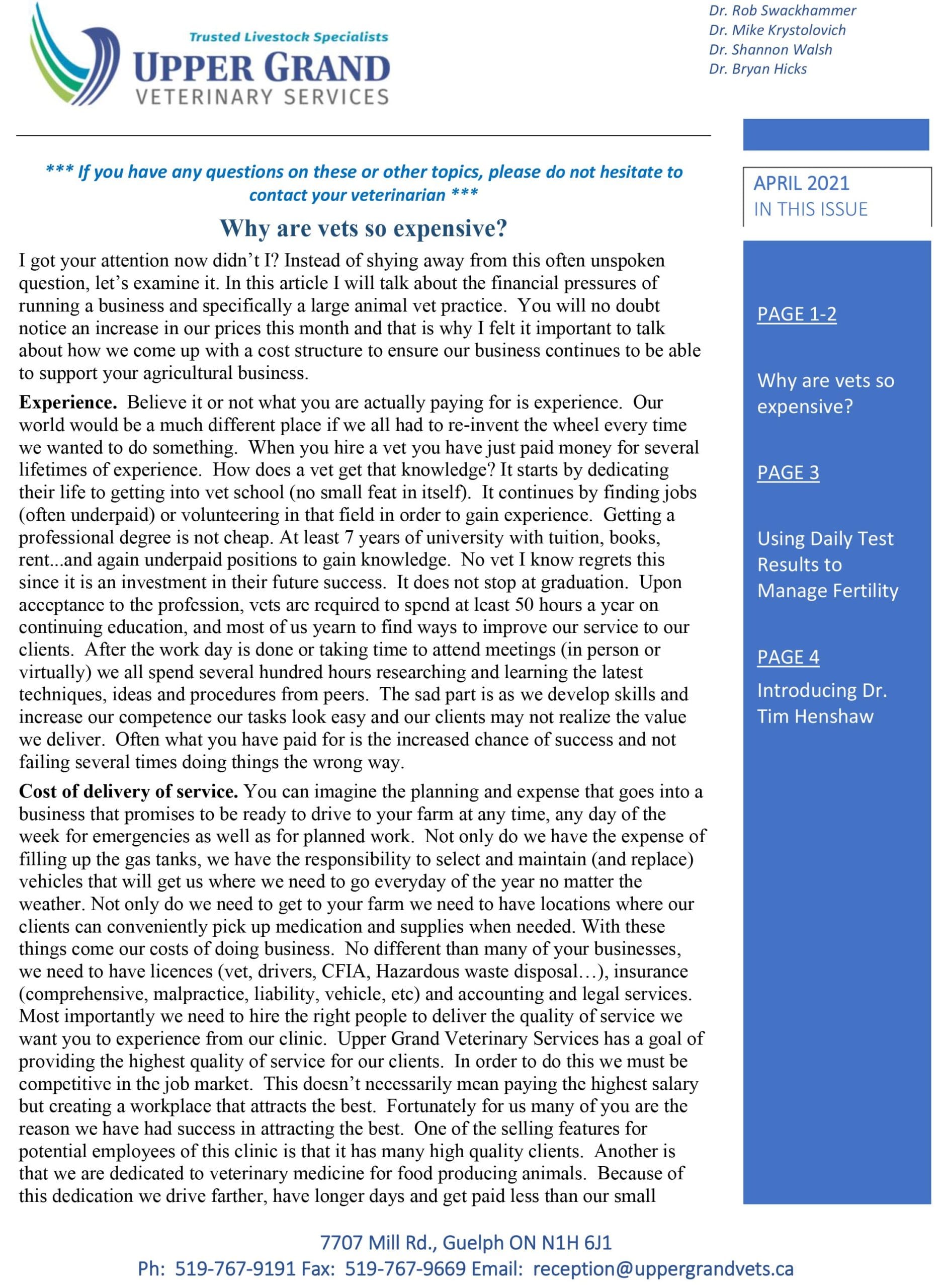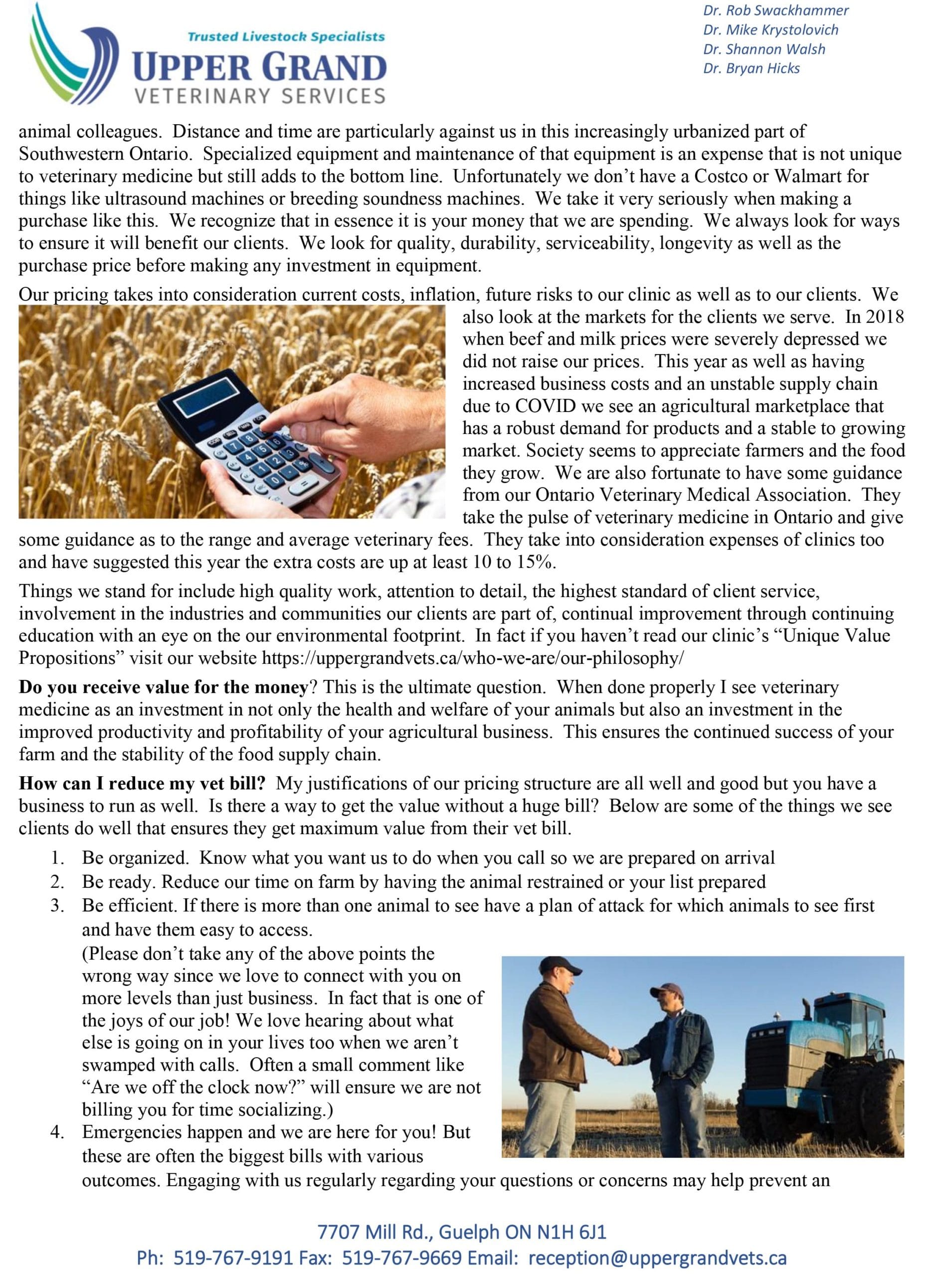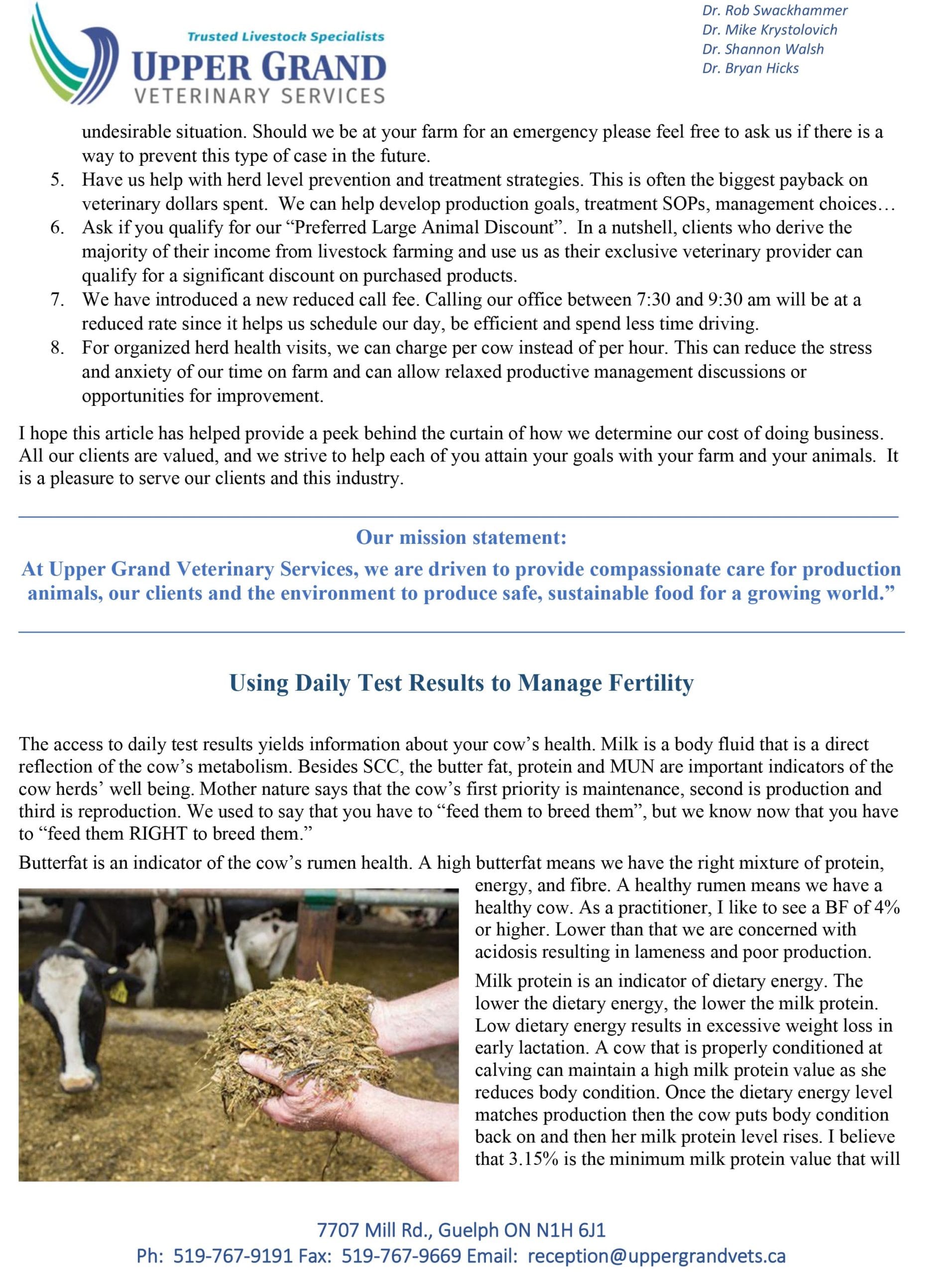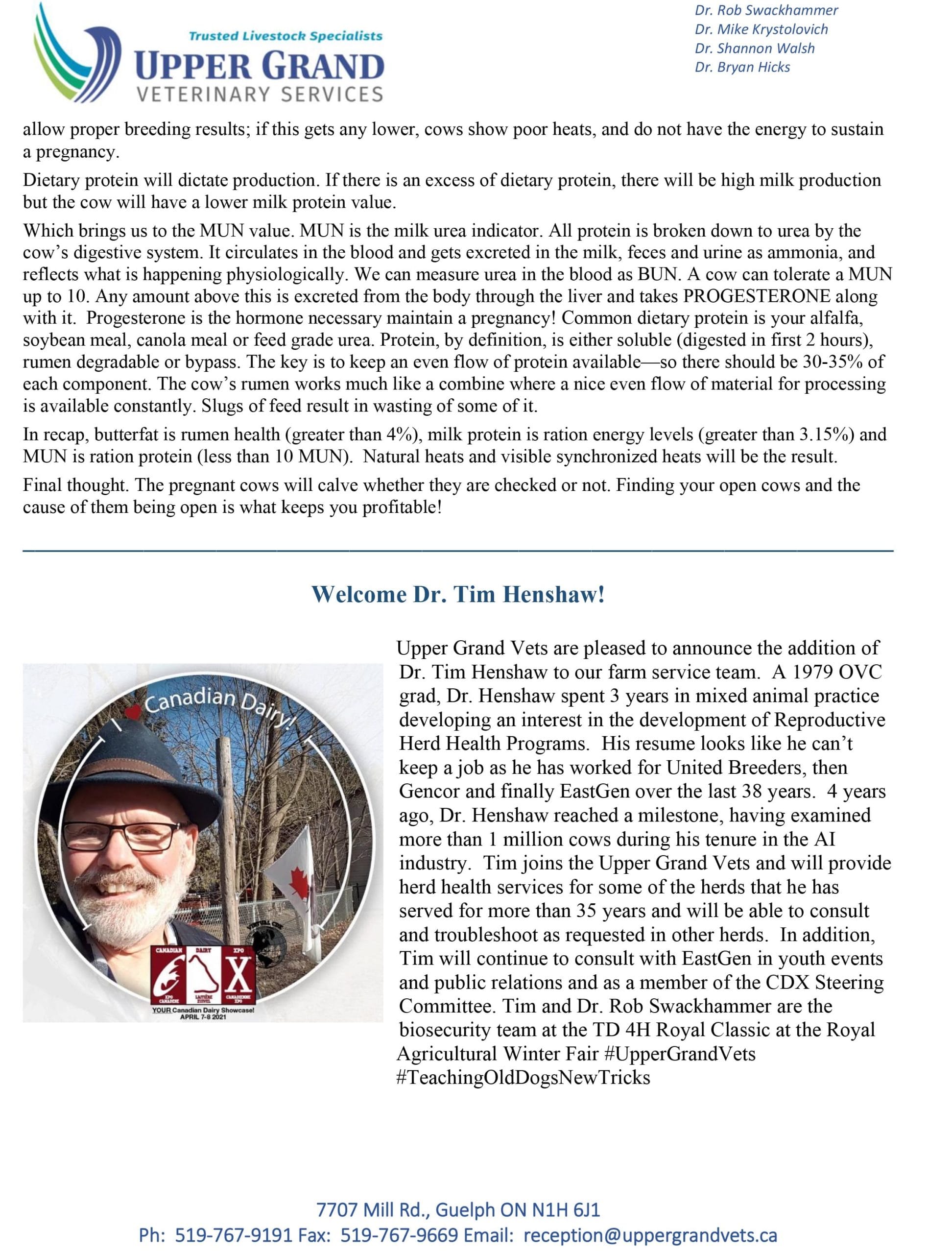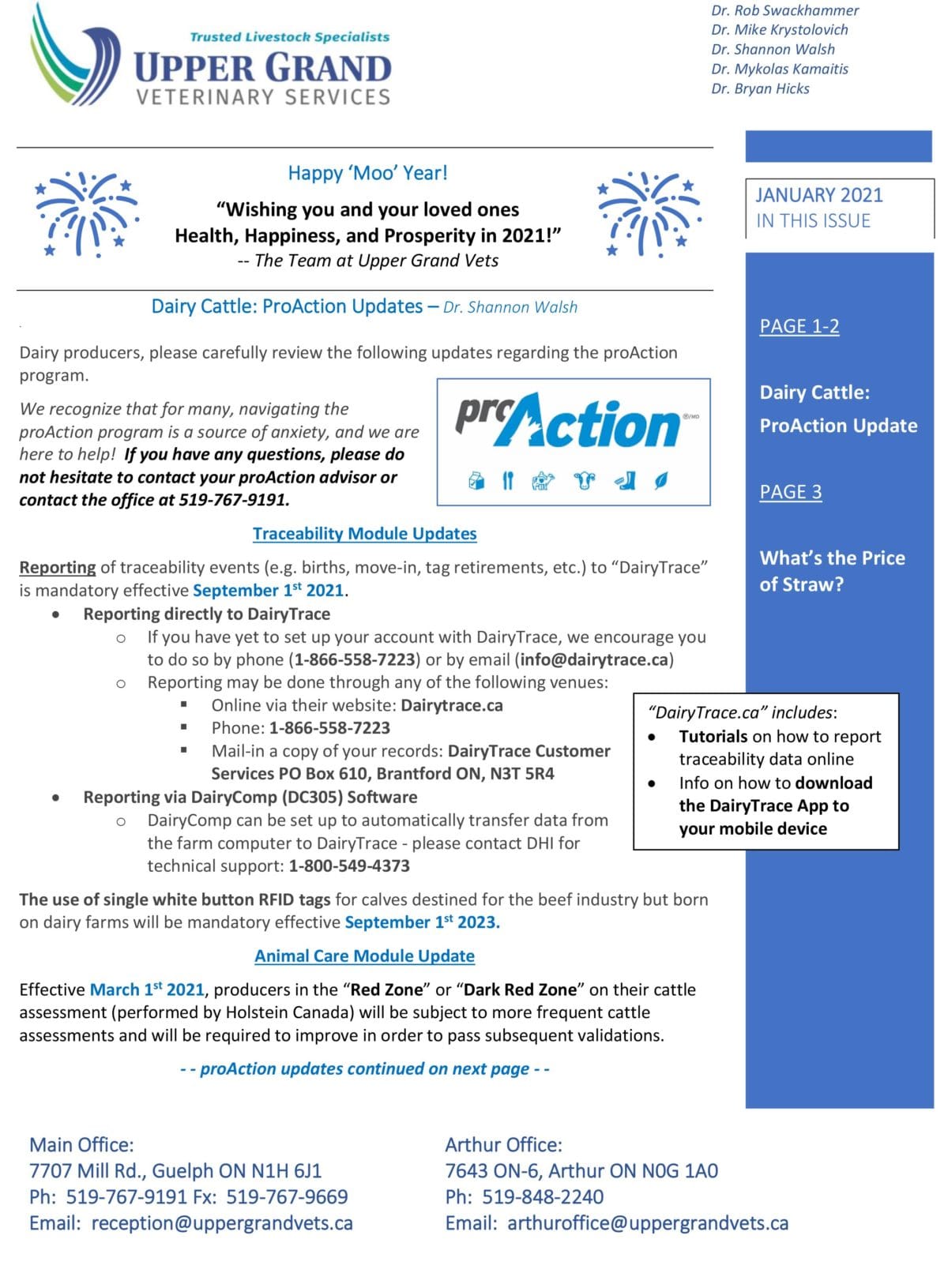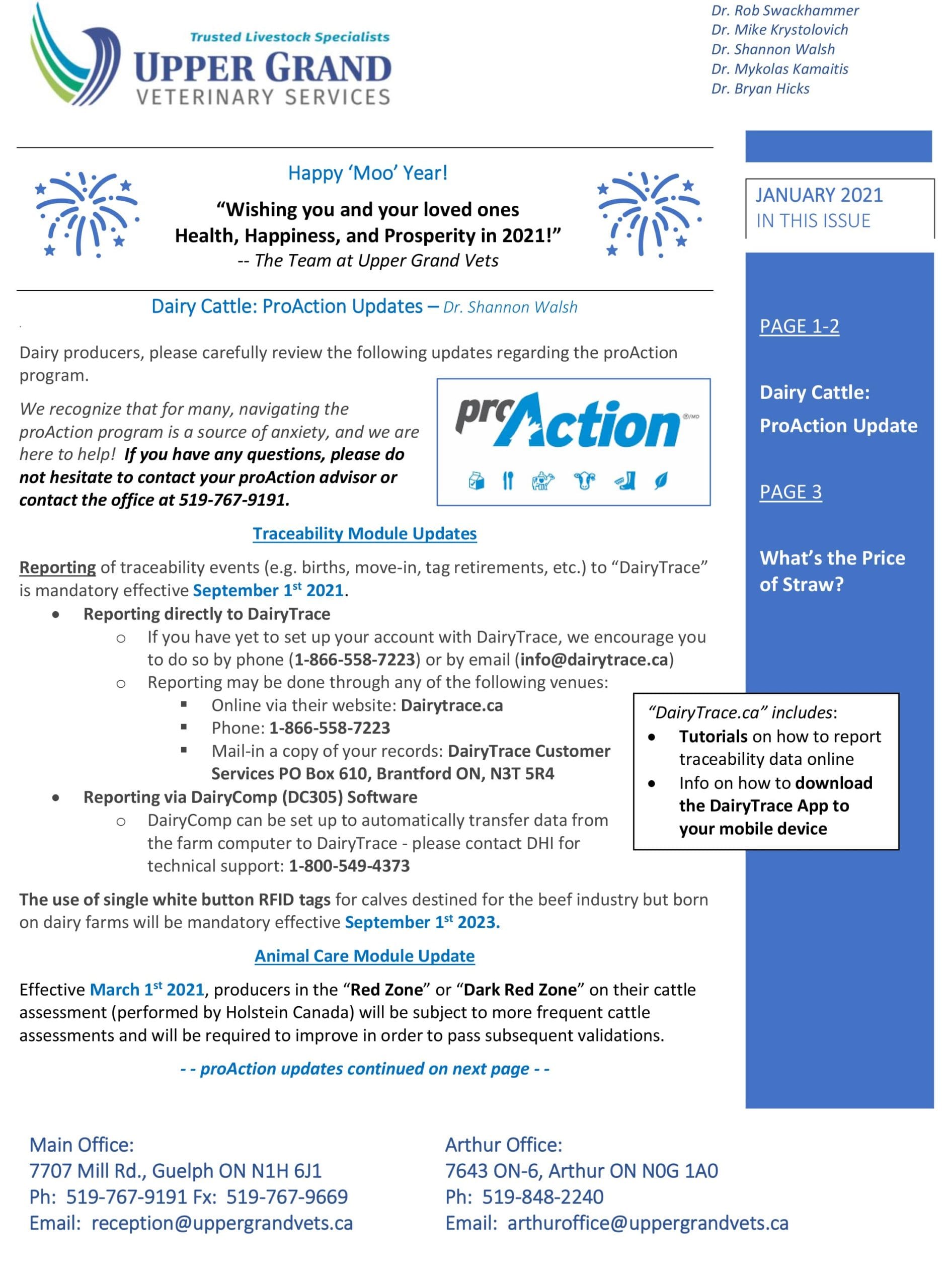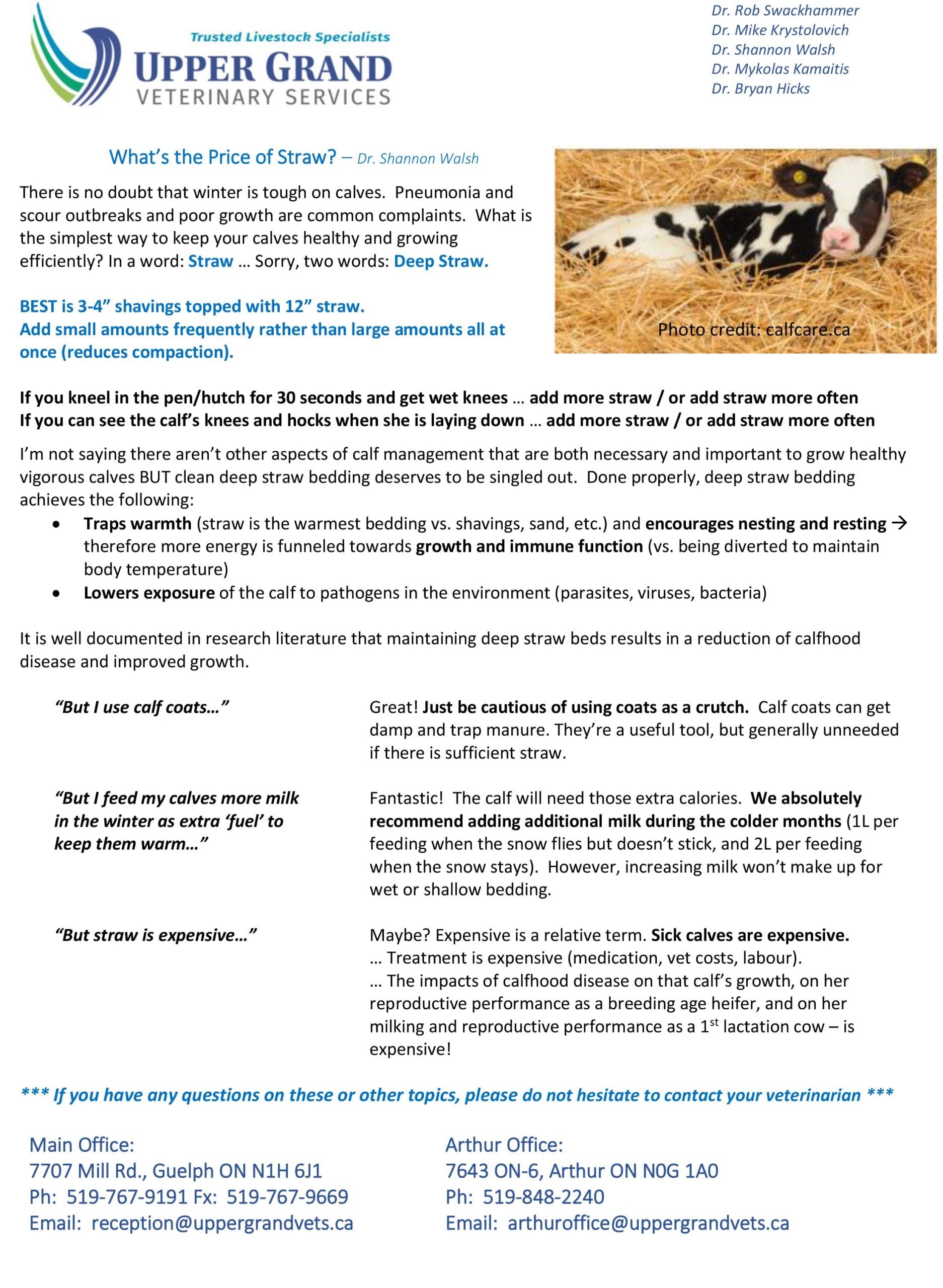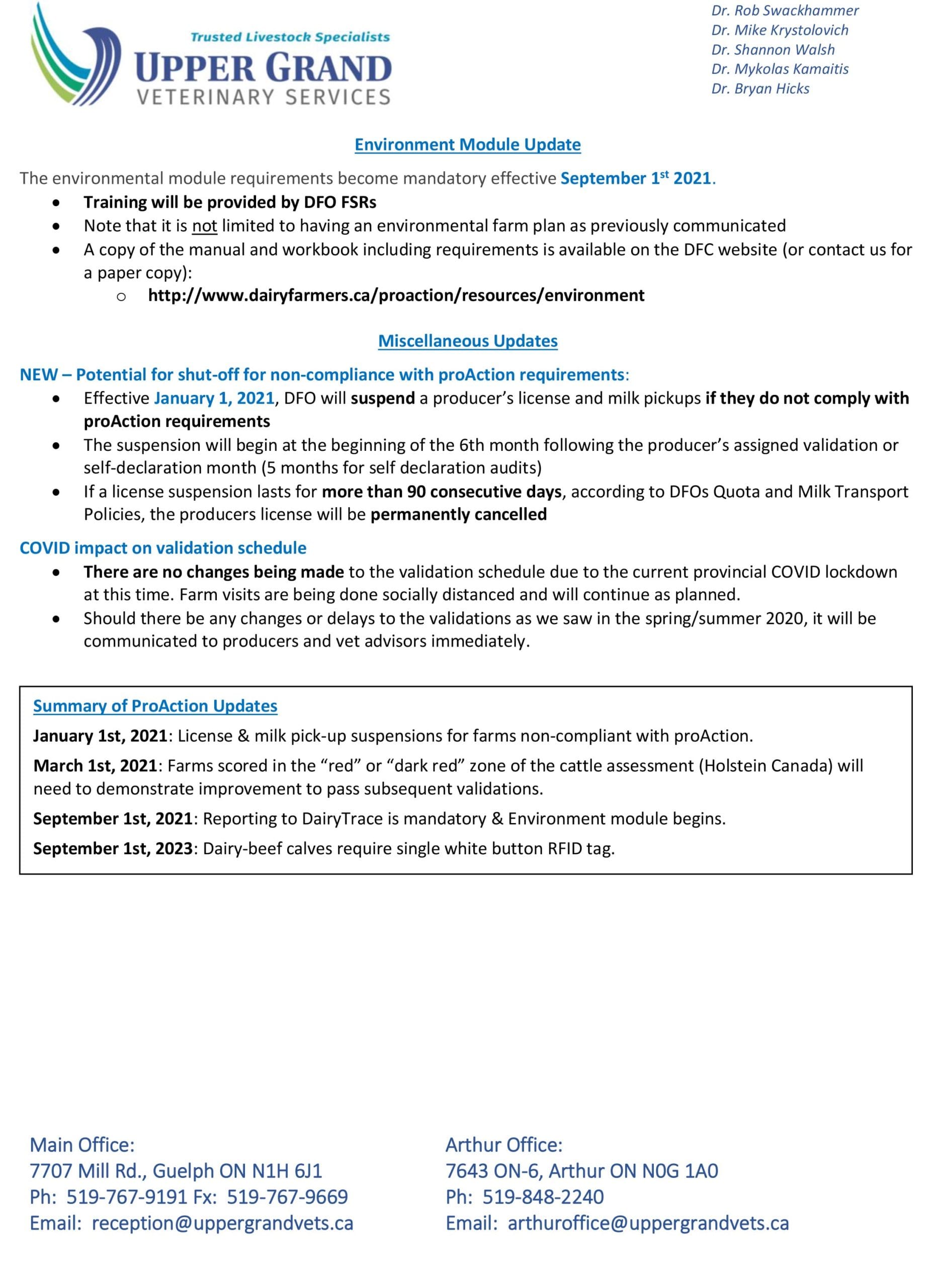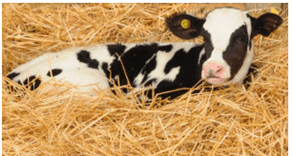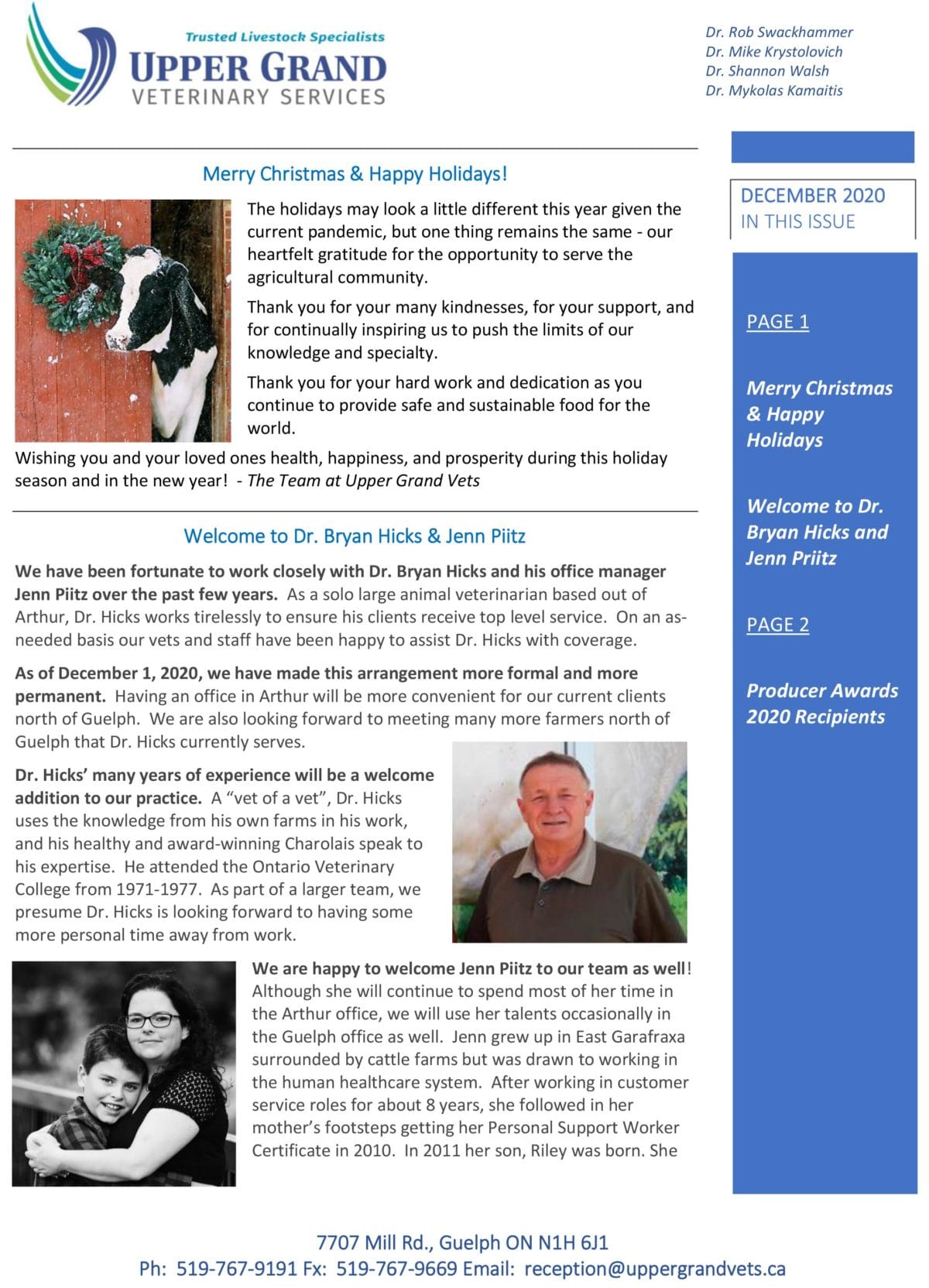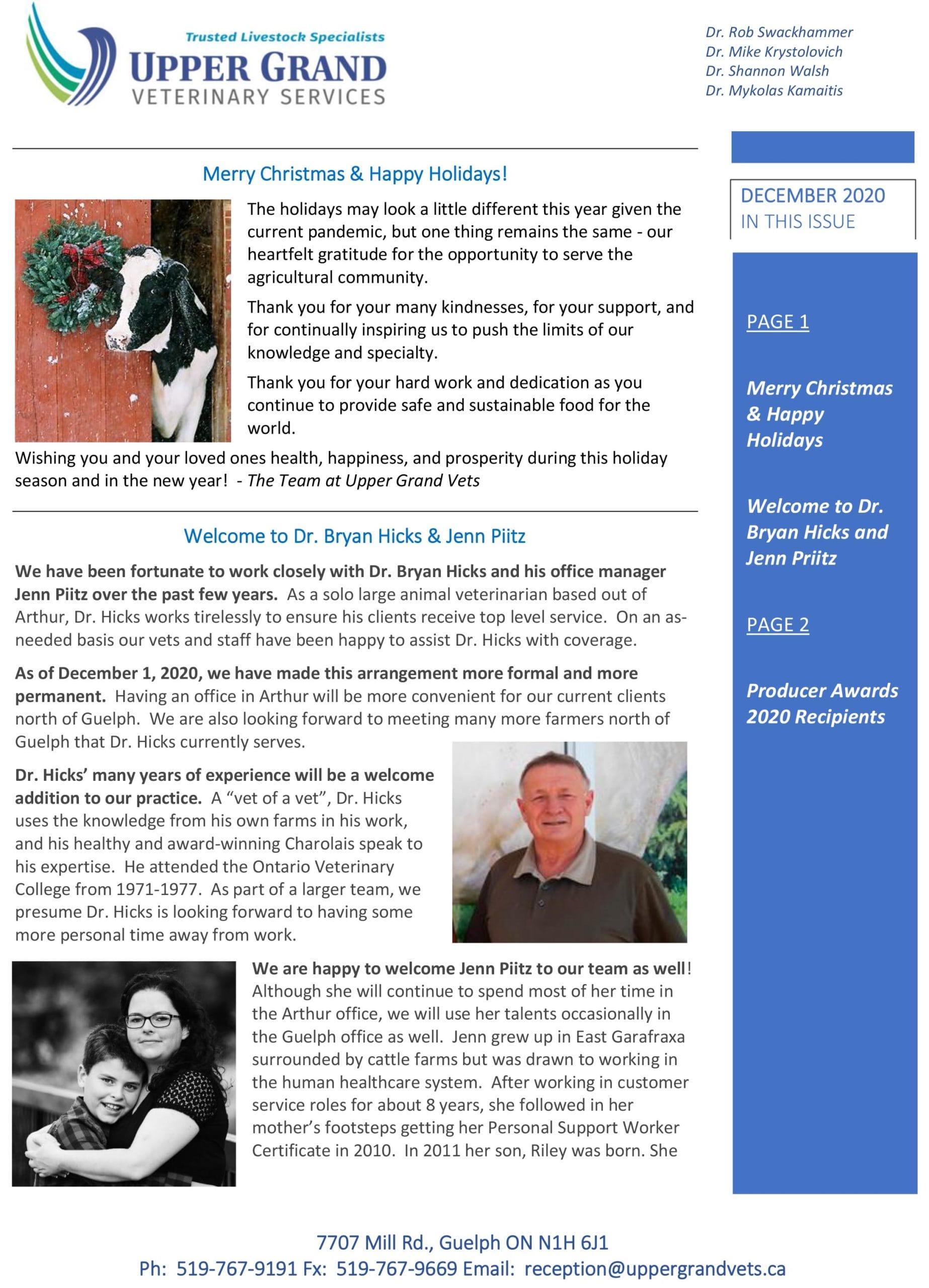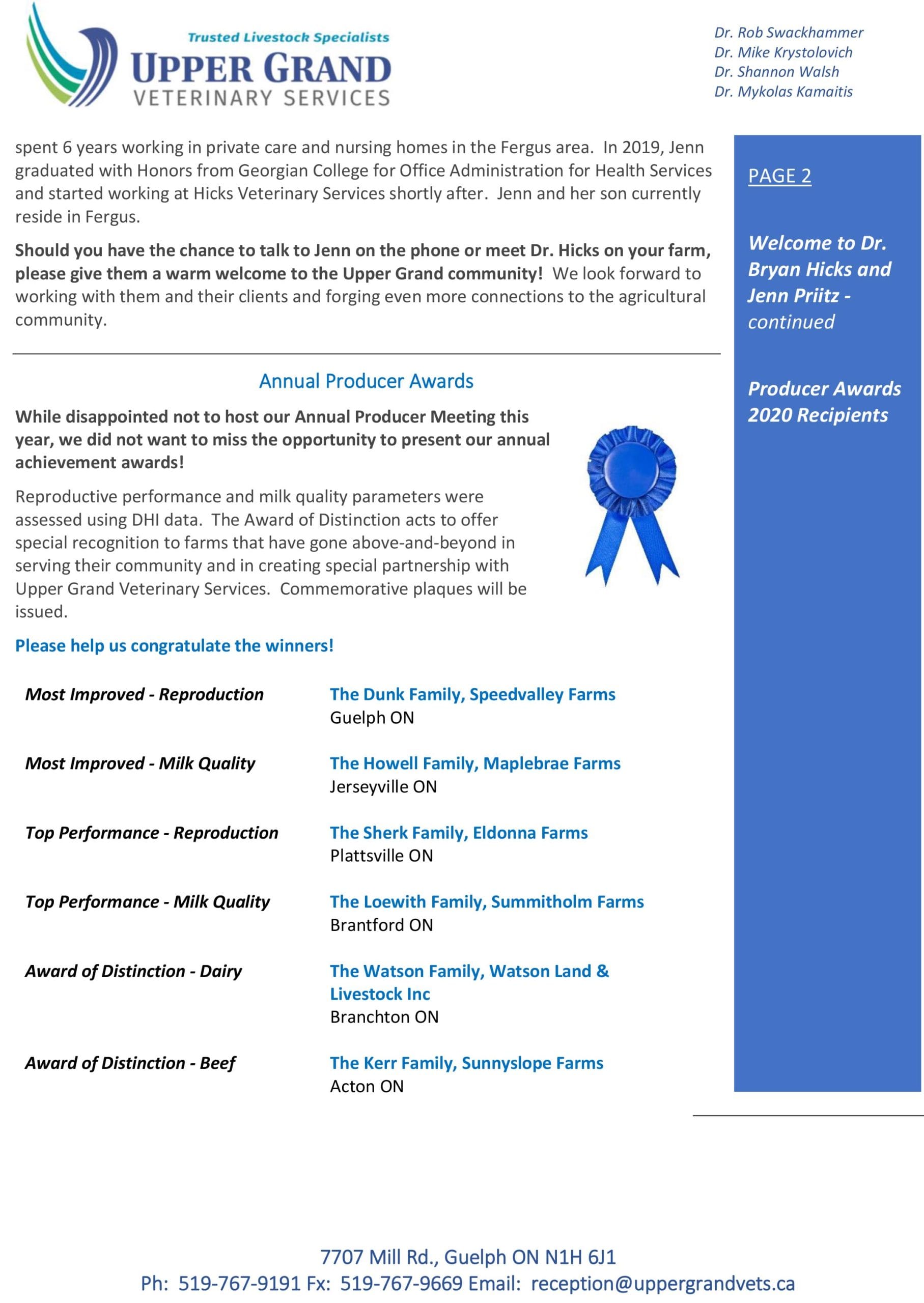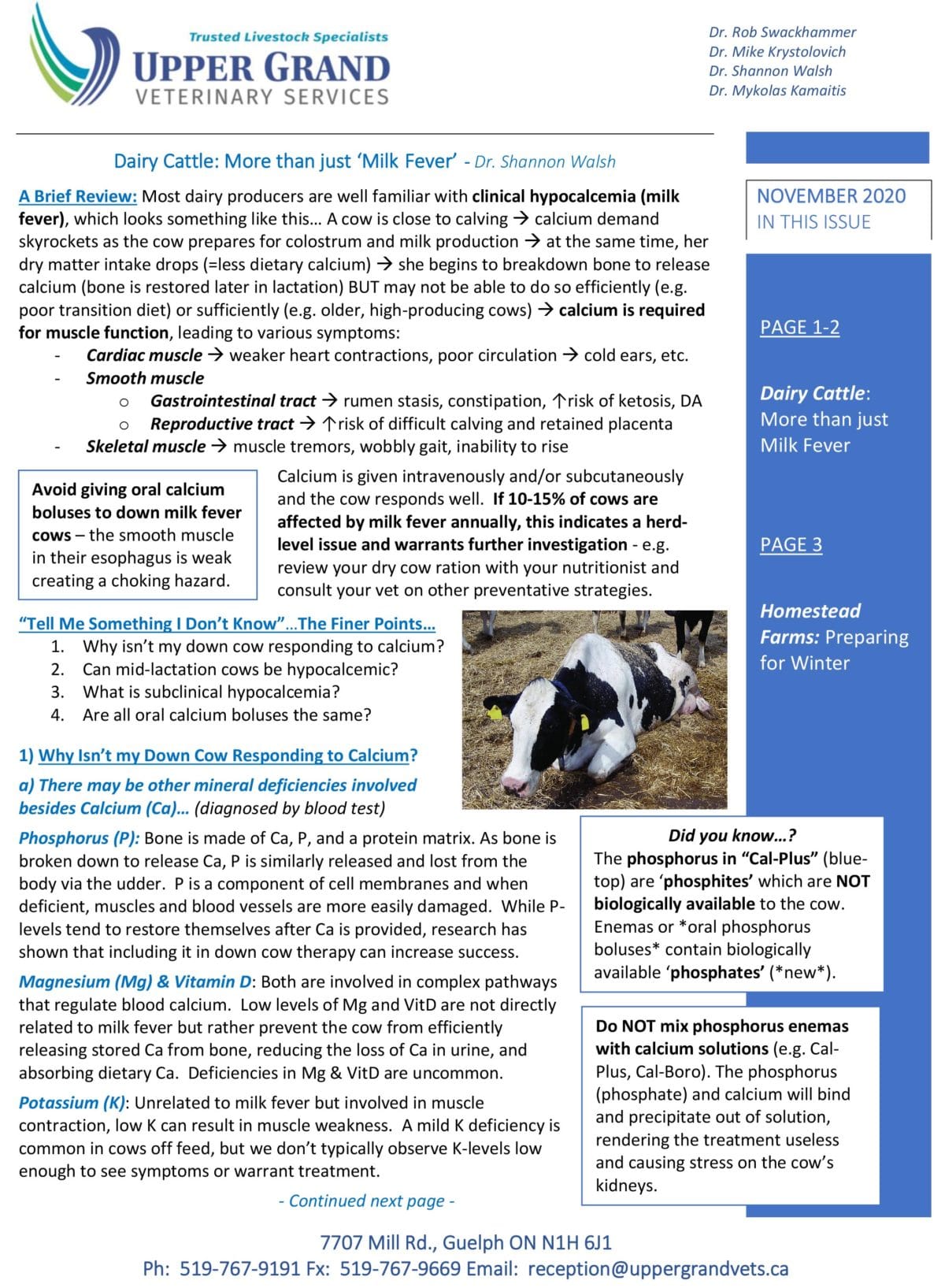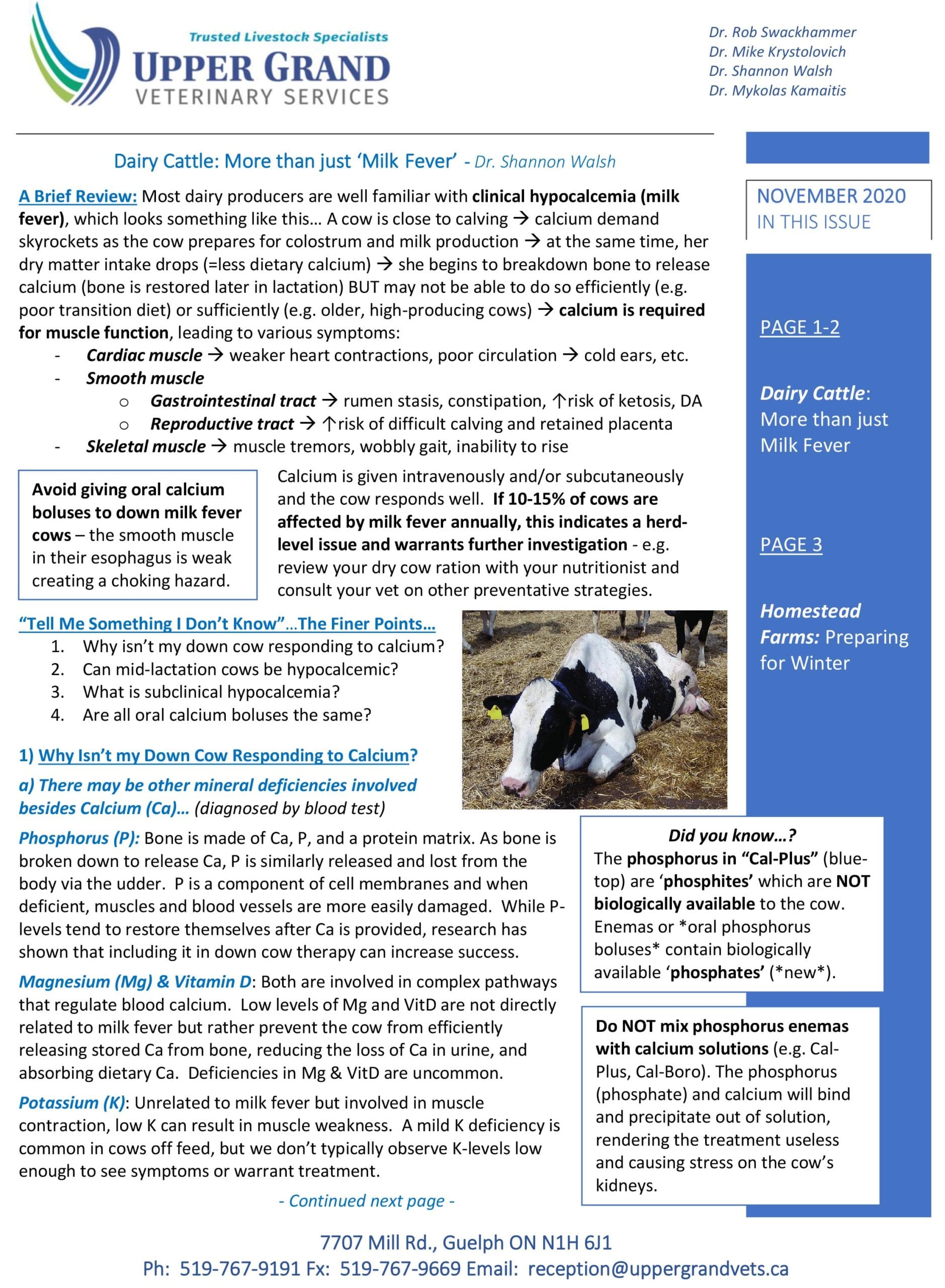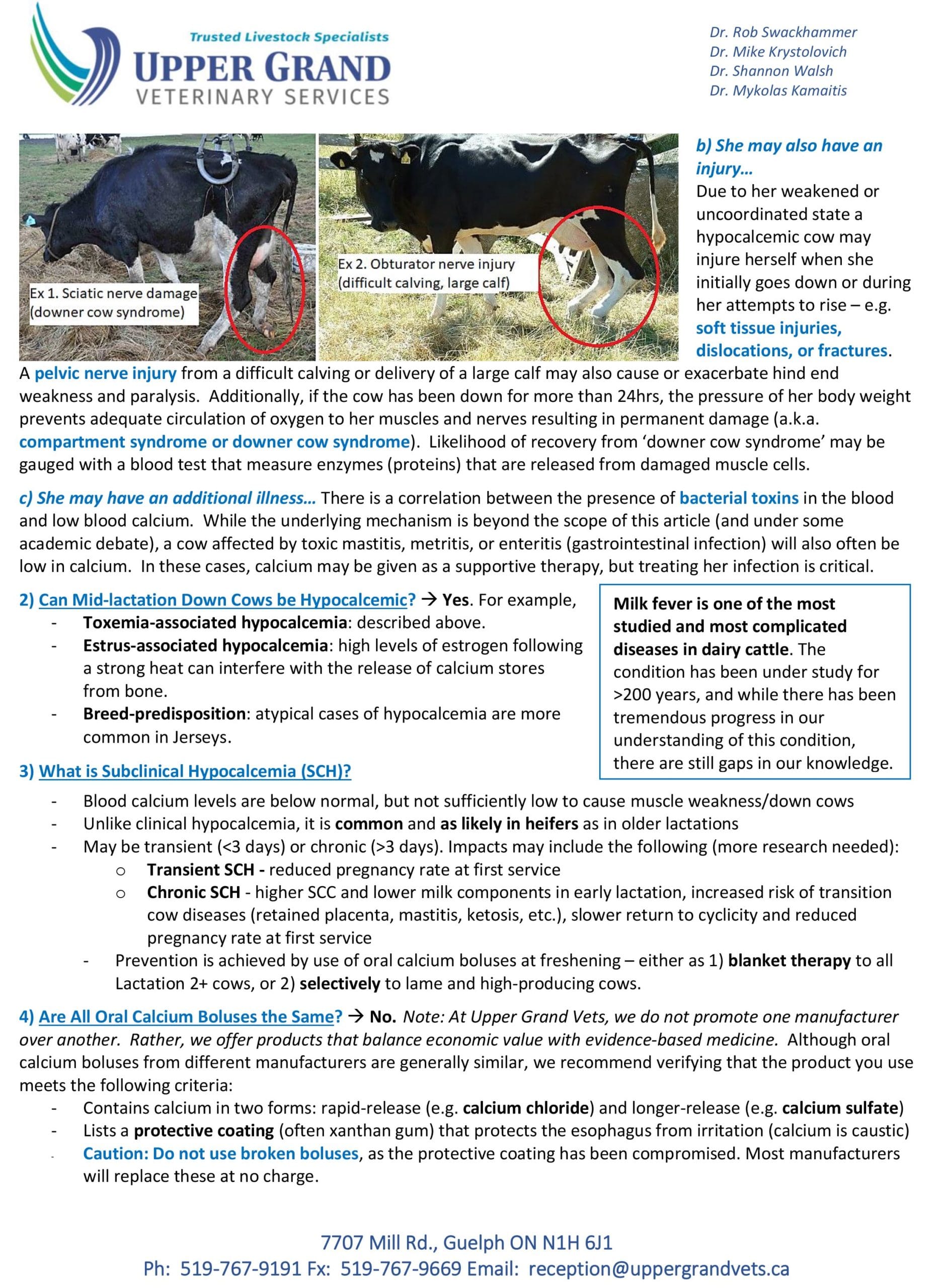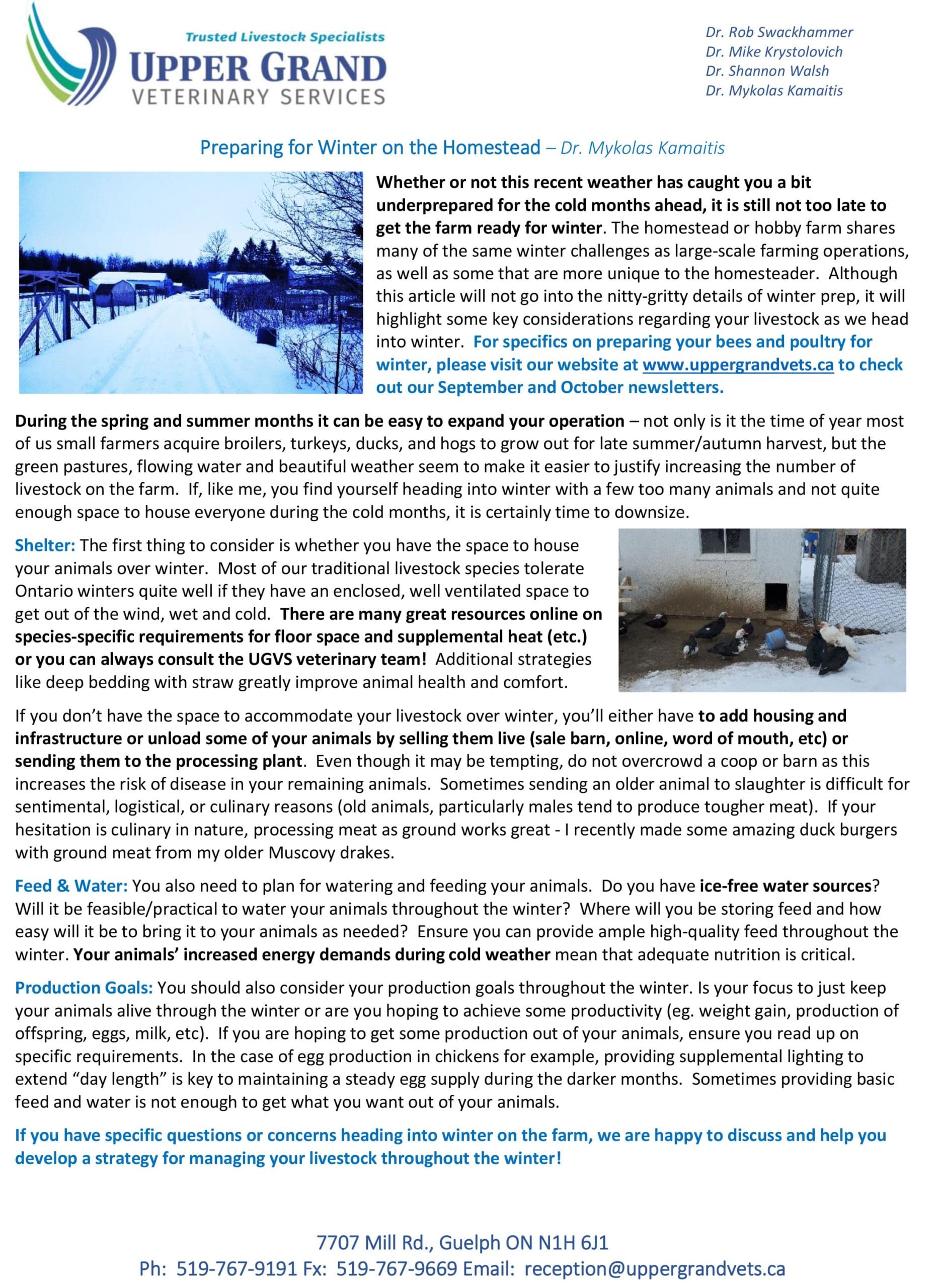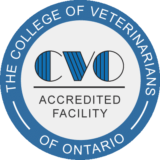– Dr. Shannon Walsh
There is no doubt that winter is tough on calves. Pneumonia and scour outbreaks and poor growth are common complaints. What is the simplest way to keep your calves healthy and growing efficiently? In a word: Straw … Sorry, two words: Deep Straw.
BEST is 3-4” shavings topped with 12” straw.
Add small amounts frequently rather than large amounts all at once (reduces compaction).
If you kneel in the pen/hutch for 30 seconds and get wet knees … add more straw / or add straw more often
If you can see the calf’s knees and hocks when she is laying down … add more straw / or add straw more often
I’m not saying there aren’t other aspects of calf management that are both necessary and important to grow healthy vigorous calves BUT clean deep straw bedding deserves to be singled out. Done properly, deep straw bedding achieves the following:
- Traps warmth (straw is the warmest bedding vs. shavings, sand, etc.) and encourages nesting and resting therefore more energy is funneled towards growth and immune function (vs. being diverted to maintain body temperature)
- Lowers exposure of the calf to pathogens in the environment (parasites, viruses, bacteria)
It is well documented in research literature that maintaining deep straw beds results in a reduction of calfhood disease and improved growth.
| “But I use calf coats…” | Great! Just be cautious of using coats as a crutch. Calf coats can get damp and trap manure. They’re a useful tool, but generally unneeded if there is sufficient straw. | |
| “But I feed my calves more milk in the winter as extra ‘fuel’ to keep them warm…” | Fantastic! The calf will need those extra calories. We absolutely recommend adding additional milk during the colder months (1L per feeding when the snow flies but doesn’t stick, and 2L per feeding when the snow stays). However, increasing milk won’t make up for wet or shallow bedding. | |
| “But straw is expensive…” | Maybe? Expensive is a relative term. Sick calves are expensive.
… Treatment is expensive (medication, vet costs, labour). … The impacts of calfhood disease on that calf’s growth, on her reproductive performance as a breeding age heifer, and on her milking and reproductive performance as a 1st lactation cow – is expensive! |
If you have any questions on these or other topics, please do not hesitate to contact one of our Veterinarians.
Dairy producers, please carefully review the following updates regarding the proAction program.
We recognize that for many, navigating the proAction program is a source of anxiety, and we are here to help! If you have any questions, please do not hesitate to contact your proAction advisor or contact the office at 519-767-9191.
Traceability Module Updates
Reporting of traceability events (e.g. births, move-in, tag retirements, etc.) to “DairyTrace” is mandatory effective September 1st 2021.
- Reporting directly to DairyTrace
- If you have yet to set up your account with DairyTrace, we encourage you to do so by phone (1-866-558-7223) or by email ([email protected])
- Reporting may be done through any of the following venues:
- Online via their website: Dairytrace.ca
- Phone: 1-866-558-7223
- Mail-in a copy of your records: DairyTrace Customer Services PO Box 610, Brantford ON, N3T 5R4
- Reporting via DairyComp (DC305) Software
-
- DairyComp can be set up to automatically transfer data from the farm computer to DairyTrace – please contact DHI for technical support: 1-800-549-4373
The use of single white button RFID tags for calves destined for the beef industry but born on dairy farms will be mandatory effective September 1st 2023.
“DairyTrace.ca” includes:
-
Tutorials on how to report traceability data online
-
Info on how to download the DairyTrace App to your mobile device
Animal Care Module Update
Effective March 1st 2021, producers in the “Red Zone” or “Dark Red Zone” on their cattle assessment (performed by Holstein Canada) will be subject to more frequent cattle assessments and will be required to improve in order to pass subsequent validations.
Environment Module Update
The environmental module requirements become mandatory effective September 1st 2021.
-
- Training will be provided by DFO FSRs
- Note that it is not limited to having an environmental farm plan as previously communicated
- A copy of the manual and workbook including requirements is available on the DFC website (or contact us for a paper copy):
http://www.dairyfarmers.ca/proaction/resources/environment
Miscellaneous Updates
NEW – Potential for shut-off for non-compliance with proAction requirements:
- Effective January 1, 2021, DFO will suspend a producer’s license and milk pickups if they do not comply with proAction requirements
- The suspension will begin at the beginning of the 6th month following the producer’s assigned validation or self-declaration month (5 months for self declaration audits)
- If a license suspension lasts for more than 90 consecutive days, according to DFOs Quota and Milk Transport Policies, the producers license will be permanently cancelled
COVID impact on validation schedule
- There are no changes being made to the validation schedule due to the current provincial COVID lockdown at this time. Farm visits are being done socially distanced and will continue as planned.
- Should there be any changes or delays to the validations as we saw in the spring/summer 2020, it will be communicated to producers and vet advisors immediately.
Summary of ProAction Updates
January 1st, 2021: License & milk pick-up suspensions for farms non-compliant with proAction.
March 1st, 2021: Farms scored in the “red” or “dark red” zone of the cattle assessment (Holstein Canada) will need to demonstrate improvement to pass subsequent validations.
September 1st, 2021: Reporting to DairyTrace is mandatory & Environment module begins.
September 1st, 2023: Dairy-beef calves require single white button RFID tag.
If you have any questions on these or other topics, please do not hesitate to contact one of our Veterinarians.



